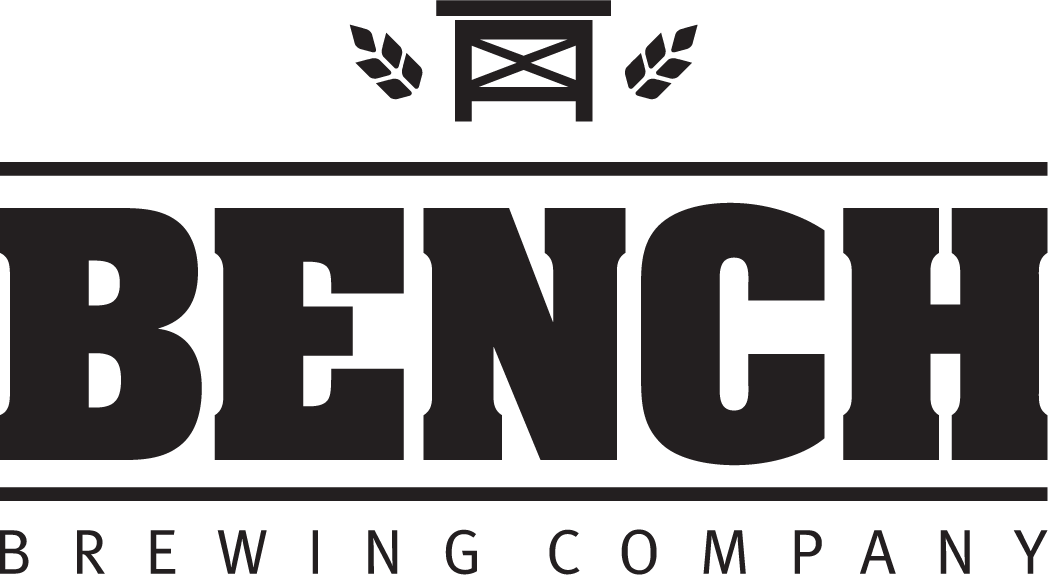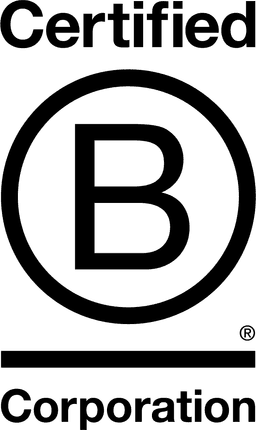

Bench Brewing Company

Ontario, Canada
March 2021
Beverages
Manufacturing
Canada
Bench Brewing Company crafts premium quality, award winning IPAs, ales, lagers, and barrel-aged sours. Bench is located on 8-acres of farmland in Ontario’s beautiful Niagara Region. With 3-acres of hops grown on-site, and surrounded by some of Canada’s finest agricultural land, the neighbouring orchards, vineyards, and tender fruit farms provide direct access to ingredients resulting in beers that reflect their local terroir. Bench honours the rich history of their home in the Town of Lincoln, with their taproom located in the fully restored Maple Grove School that was built in 1944. Guests can enjoy gorgeous views from their outdoor beer garden while exploring the delightful seasonal menus from the Kitchen at Bench - their full-service restaurant that also draws on the abundance of locally produced ingredients. Bench strives to be a responsible member of its rural community with a focus on sustainability and the environment. They are conscientious stewards of the land and their water resources, committed to being a zero wastewater footprint facility. Embracing the local surroundings of Niagara’s wine country, Bench celebrates community, innovation, and environmentalism as they endeavour to bring the best of Niagara to beer lovers across Ontario, Canada and beyond.
Overall B Impact Score
Governance 15.2
Governance evaluates a company's overall mission, engagement around its social/environmental impact, ethics, and transparency. This section also evaluates the ability of a company to protect their mission and formally consider stakeholders in decision making through their corporate structure (e.g. benefit corporation) or corporate governing documents.
What is this? A company with an Impact Business Model is intentionally designed to create a specific positive outcome for one of its stakeholders - such as workers, community, environment, or customers.
Workers 19.7
Workers evaluates a company’s contributions to its employees’ financial security, health & safety, wellness, career development, and engagement & satisfaction. In addition, this section recognizes business models designed to benefit workers, such as companies that are at least 40% owned by non-executive employees and those that have workforce development programs to support individuals with barriers to employment.
Community 14.0
Community evaluates a company’s engagement with and impact on the communities in which it operates, hires from, and sources from. Topics include diversity, equity & inclusion, economic impact, civic engagement, charitable giving, and supply chain management. In addition, this section recognizes business models that are designed to address specific community-oriented problems, such as poverty alleviation through fair trade sourcing or distribution via microenterprises, producer cooperative models, locally focused economic development, and formal charitable giving commitments.
Environment 48.0
Environment evaluates a company’s overall environmental management practices as well as its impact on the air, climate, water, land, and biodiversity. This includes the direct impact of a company’s operations and, when applicable its supply chain and distribution channels. This section also recognizes companies with environmentally innovative production processes and those that sell products or services that have a positive environmental impact. Some examples might include products and services that create renewable energy, reduce consumption or waste, conserve land or wildlife, provide less toxic alternatives to the market, or educate people about environmental problems.
What is this? A company with an Impact Business Model is intentionally designed to create a specific positive outcome for one of its stakeholders - such as workers, community, environment, or customers.
Customers 2.2
Customers evaluates a company’s stewardship of its customers through the quality of its products and services, ethical marketing, data privacy and security, and feedback channels. In addition, this section recognizes products or services that are designed to address a particular social problem for or through its customers, such as health or educational products, arts & media products, serving underserved customers/clients, and services that improve the social impact of other businesses or organizations.